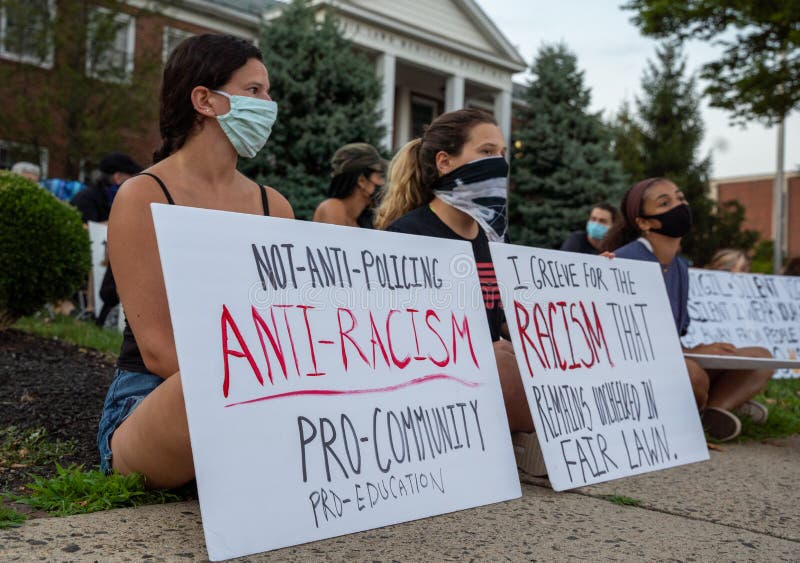

“It was essentially illegal to write or perform poetry in our native languages until the passing of the American Indian Religious Freedom Act in 1978. “Here was a poetry that seemed to contextualize American xenophobia and white supremacy within a larger, global framework of celebrity culture, genocide, violence, sex, and corruption, and, thus, implicitly asserted racial oppression as symptomatic of something that was tainted at our human core.”įrom “ Assuming the Mask: Persona and Identity in Ai’s Poetry” by Major Jackson Simply being is the threat.”įrom “ Dismantling Rage: On Audre Lorde’s Sister Outsider” by Mahogany L. I don’t scowl or suck my teeth without reason, so why am I a threat? This is when I realize, like Audre Lorde, that opening my woman mouth has little to do with being threatening. I only have this woman body, this gift of language and many of my physical abilities. “Standing five foot eight, eyes eager and observational, mouth set, with brown skin, I’ve frequently heard from people who meet me, ‘I was so intimidated by you!’ I think: I am only Black and alive and breathing.

Adrienne Rich, What Is Found There: Notebooks on Poetry and Politics (W. Poetic at its root as surely as it is political at its root.” Language, into the order and disorder of the world, is “The impulse to enter, with other humans, through And, exactly for this reason, I insist on the right to criticize her perpetually.” “I love America more than any other country in this world. The farthest external horizons of our hopes and fears are cobbled by our poems, carved from the rock experiences of our daily lives." "Poetry is the way we help give name to the nameless so it can be thought. It forms the quality of the light within which we predicate our hopes and dreams toward survival and change, first made into language, then into idea, then into more tangible action." It is a vital necessity of our existence. "For women, then, poetry is not a luxury. Matthew Olzmann, from “ Letter Beginning with Two Lines by Czesław Miłosz” The few who dare, must speak and speak again Vincent Millay, from “ Dirge Without Music”Īnd naught may daunt her,-she hath strength for all. June Jordan, from “ Poem for South African Women” What would happen if one woman told the truth about Read about Political Poetry in our glossary of poetic terms. “ juxtaposing the black boy & the bullet” by Danez Smith This matters because i’ve lived on that side of life that you all have made for. “ Make Me Human or Give Me Death” by May Yang To sin by silence, when we should protest. “ The Women’s Litany” by Margaret Widdemer “ Amos (Postscript, 1968)” by Margaret Walker Life is short, though I keep this from my children. You are not fifteen, or twelve, or seventeen. “ A House Called Tomorrow” by Alberto Ríos On the train the woman standing makes you understand there are no seats available. I have found / the face / of story / lying again. “ Now That We Have Tasted Hope” by Khaled MattawaĪlthough she feeds me bread of bitterness. The truth is, I've never cared for the Natonal. “ I Must Become a Menace to My Enemies” by June Jordanġ. “ When I Rise Up” by Georgia Douglas Johnsonįruit from one vine tangles with another. “ Let America Be America Again” by Langston Hughes “ Angrily Standing Outside in the Wind” by Brenda Hillman You, selling roses out of a silver grocery cart. I see the dark-skinned bodies falling in the street as their ancestors fell. “ How We Could Have Lived or Died This Way” by Martín Espada “ Mantahhan is a Lenape Word” by Natalie Diaz “ No, Kanye, it’s not LIKE we’re mentally in prison” by Erica Dawson When the pickup truck, with its side mirror.

I dreamed a pronouncement / about poetry and peace. “ Ars Poetica #1,002: Rally” by Elizabeth Alexander Listen to Audre Lorde read "A Song for Many Movements"įind protest poetry, including poems about equality, social justice, human rights, Black Lives Matter, and climate change: Explore the work of Elizabeth Alexander, Agha Shahid Ali, Maya Angelou, James Baldwin, Marilyn Chin, Aracelis Girmay, Langston Hughes, June Jordan, Audre Lorde, Claudia Rankine, Roger Reeves, Adrienne Rich, and Muriel Rukeyser, to name just a few. Poets have been at the forefront of wielding language to create change for the people. Throughout history, poetry has always spoken in the most challenging, tragic, and formative circumstances.


 0 kommentar(er)
0 kommentar(er)
